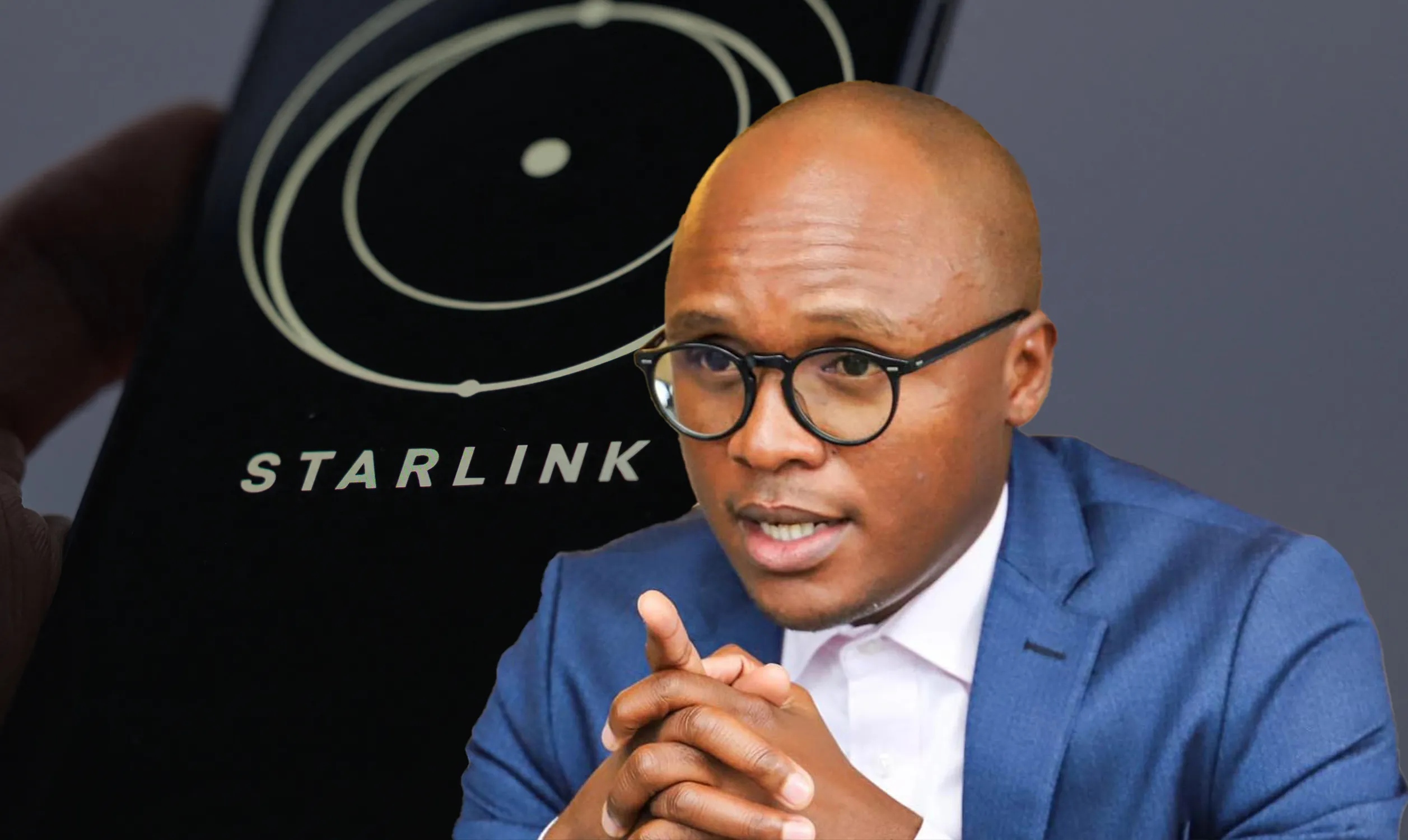
“South Africa is not altering its policies to accommodate Musk’s Starlink,” the minister claims
There are no plans to weaken South Africa’s laws on Black economic empowerment just to make Elon Musk’s Starlink work, a minister said on Tuesday in response to criticism of policy changes he made just days after President Cyril Ramaphosa met with Donald Trump.
For example, Starlink and other communications companies would not have to sell 30% of their local subsidiaries’ shares to previously disadvantaged groups as required by policy changes. Instead, investments in things like digital infrastructure would be seen as acceptable.
The changes went into effect on Friday, one day after Ramaphosa returned from a trip to the US to try to get Trump to bargain with his country instead of punishing and scolding it.
Though Ramaphosa later said Starlink wasn’t brought up, a spokesman for the president said before the meeting with Trump that business possibilities for companies owned by Trump’s billionaire friend Elon Musk would be talked about.
Speaking to a government committee, Communications Minister Solly Malatsi said, “We are not trying to make an exception for Starlink or any other company or person.”
“Transformation is sacred in our country… it’s a must for the country to reach its goals,” Malatsi said, referring to the government’s work to fix racial problems that go back to the colonial and apartheid times.
To speed up broadband access and bring in foreign companies that couldn’t follow local equity ownership rules, Malatsi started working on a policy directive on “equity equivalent” programs last year.
In a letter to the telecommunications regulator, SpaceX, the parent company of Starlink, criticized local shareholding rules while supporting equity equivalent programs.
Malatsi has been criticized by members from the opposition and the head of parliament’s communications committee for going too far to make foreign companies with Starlink happy.
So soon after Ramaphosa’s meeting with Trump on Tuesday, they questioned why he released his draft policy this week.
Malatsi argued that programs that were equal to equity were in line with laws that protected women’s rights. According to him, his goal was always to release a draft policy that recognized them by the end of May.
“There is no underhand effort … to railroad this into the South African public,” he added.
Even though South Africa’s Black empowerment laws cover more than just telecoms, each field has its own ownership requirements.
All Categories
Recent Posts
Tags
+13162306000
zoneyetu@yahoo.com



